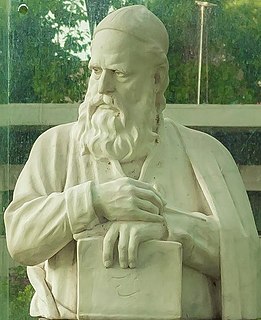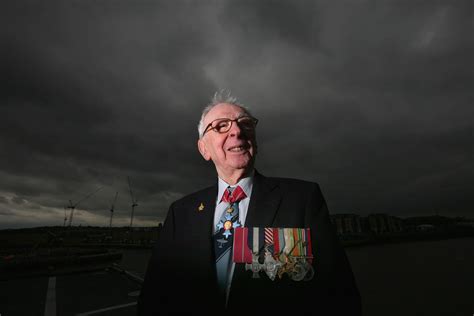A Quote by Bruce Feiler
The biggest idea that I have learned - I basically went in to write a book about Adam and Eve, ended up writing a book about love. And what did I learn? Love is a story you tell with another person.
Related Quotes
I'm not sure that all books aren't that way. I think that might apply to any book I was writing. The book was kind of the product of this enormous infatuation I had, not only with the office and office politics, but with perspective, and trying to tell a story from as wide a range of perspectives as you possibly can. I tried to capture it all with the first-person plural, but once I settled on that, I used it to tell the story from as many angles as I could. I guess, to put it romantically, it was about a love affair with the craft of perspective.
The process for writing a picture book is completely different from the process of writing a chapter book or novel. For one thing, most of my picture books rhyme. Also, when I write a picture book I'm always thinking about the role the pictures will play in the telling of the story. It can take me several months to write a picture book, but it takes me several years to write a novel.
The format of the book was the idea of my wonderful editor, Stephen Segal. Stephen and I had worked together before, on projects for the Interstitial Arts Foundation, and when he got the idea for an accordion-style book, he called and asked if I could write the story for it. I told him that I would love to try! And I knew it had to be a love story, because that's the sort of story you really want to hear from both perspectives. I mean, imagine if Pride and Prejudice were told from Darcy's perspective as well as Elizabeth's. It would be quite a different story!
Too many writers think that all you need to do is write well-but that's only part of what a good book is. Above all, a good book tells a good story. Focus on the story first. Ask yourself, 'Will other people find this story so interesting that they will tell others about it?' Remember: A bestselling book usually follows a simple rule, 'It's a wonderful story, wonderfully told'; not, 'It's a wonderfully told story.'
The rewrites are a struggle right now. Sometimes I wish writing a book could just be easy for me at last. But when I think about it practically, I am glad it's a struggle. I am (as usual) attempting to write a book that's too hard for me. I'm telling a story I'm not smart enough to tell. The risk of failure is huge. But I prefer it this way. I'm forced to learn, forced to smarten myself up, forced to wrestle. And if it works, then I'll have written something that is better than I am.
I always knew from the beginning that this was the only way to write Then We Came To The End - that it had to be in first - person plural if it was going to illustrate how the individual becomes part of the collective. I had no interest in writing the book in a more conventional voice. It goes back to that fascination I had with telling a story in multiple ways. It was the only choice I gave myself, really - I said "This is it, pal. If you can't tell a story this way, you're going to have to abandon the book. Write it this way or give up."
Keep a diary, but don't just list all the things you did during the day. Pick one incident and write it up as a brief vignette. Give it color, include quotes and dialogue, shape it like a story with a beginning, middle and end—as if it were a short story or an episode in a novel. It's great practice. Do this while figuring out what you want to write a book about. The book may even emerge from within this running diary.





































